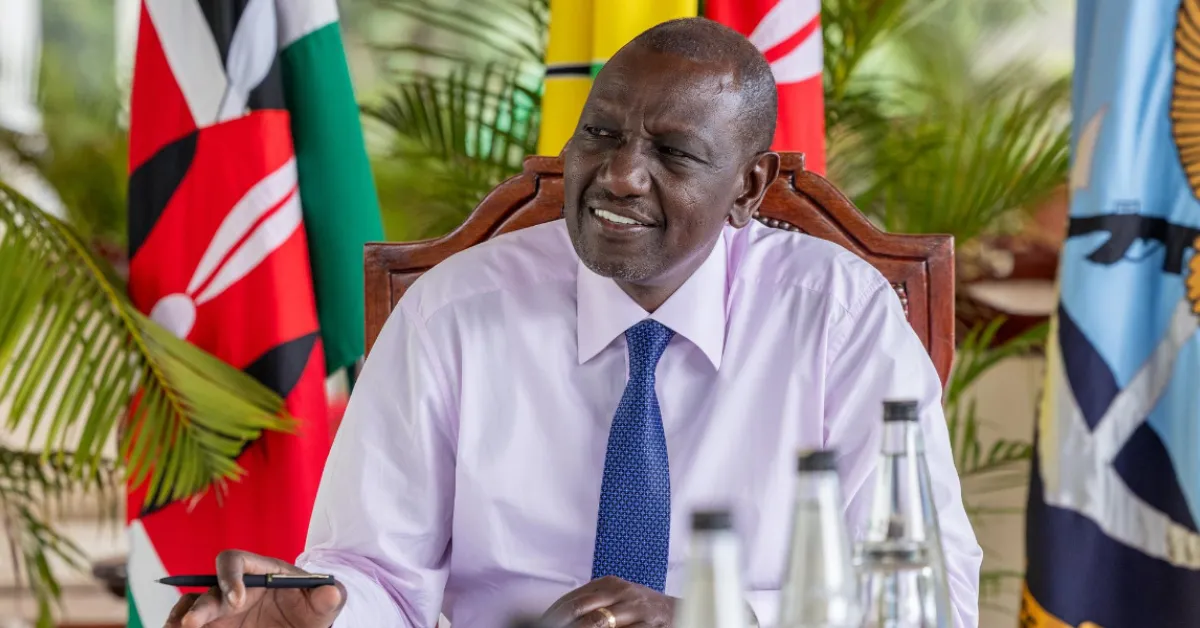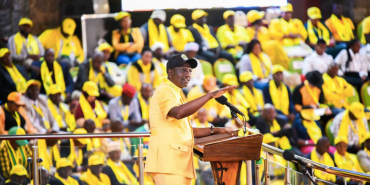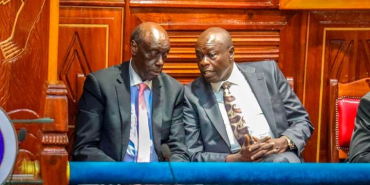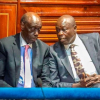Ruto’s Advisers Face Legal Action to Return Salaries Paid for Unlawful Positions

President William Ruto's administration is facing a legal challenge over the legitimacy of numerous advisory positions, with a city lawyer seeking a court order to reclaim the salaries and allowances disbursed to these appointees.
Advocate Suyianka Lempaa argues that the President's extensive network of advisers, spanning various sectors, was established outside the bounds of the law. Lempaa contends that the staffing and operation of these advisory roles were executed without due process, circumventing established constitutional channels for creating and appointing public service positions. Consequently, he asserts that the salaries and benefits allocated to these individuals should be refunded to public coffers.
Among the high-profile officials named in the petition are Prof. Makau Mutua (constitutional affairs), Mr. Moses Kuria (senior economic adviser), Dr. David Ndii (chairperson of the Council of Economic Advisors), Prof. Edward Kisiang’ani (senior adviser), Dr. Monica Juma (national security), and Joseph Boinnet (deputy national security adviser). The list extends to various other individuals overseeing sectors such as economic empowerment, livestock management, and women’s rights.
Lempaa's case centres on the assertion that many of the functions performed by these advisers could be adequately handled by career civil servants within existing government departments. He contends that the proliferation of politically appointed advisers has led to unnecessary duplication of responsibilities, placing undue strain on public resources. Furthermore, the lawyer highlights the absence of clear legal parameters guiding the President’s ability to appoint advisers, which, he contends, creates an environment conducive to the unchecked expansion of such roles.
Beyond questioning the legality of the appointments, Lempaa is calling for an extensive audit by the Public Service Commission (PSC) to assess the number of offices created outside constitutional bounds. He proposes that the audit, to be conducted within 60 days of the court ruling, should identify any irregularities and recommend appropriate corrective measures. In his petition, he also seeks to halt further appointments until the matter is resolved.
A key concern outlined in Lempaa’s case is the absence of competitive recruitment in filling these advisory positions. He argues that merit-based selection was not adhered to, raising doubts about whether those appointed possess the requisite qualifications for their respective roles. Additionally, he points out that the opaque process failed to account for constitutional principles such as gender balance and consideration for individuals living with disabilities.
The lawsuit touches on broader concerns regarding governance under the Kenya Kwanza administration, suggesting that the President has established a “parallel civil service” that operates outside the normal government framework. Lempaa’s petition suggests that this structure not only undermines the effectiveness of existing institutions but also raises serious concerns over transparency and accountability in the management of public affairs.














Add new comment